Good morning/afternoon everyone, respected teachers, and dear friends,
The Causes and Effects of World War II and I: Today, I’m here to speak on a topic that shaped the very course of history, that redefined borders, ideologies, and the lives of millions worldwide.
Today, I’m speaking about the causes and effects of the two World Wars World War I and World War II. These wars were not just historical events; they were tragedies, lessons, and stories of unimaginable sacrifice and resilience.
The Causes and Effects of World War II and I Speech
To understand why these wars erupted, we need to go back to the early 20th century. The world was very different then, but at the same time, quite similar in some disturbing ways. In the case of World War I, many historians say the root causes were nationalism, imperialism, militarism, and alliances. European nations were competing fiercely for colonies, power, and influence.
Nationalism pride in one’s country fueled this competition, and countries sought dominance over others. Militarism, the glorification of military power, meant nations were arming themselves heavily, preparing for wars they hoped never to fight. Finally, alliances between countries created a fragile balance; they were meant to prevent wars but actually pulled more countries into conflict when a spark finally ignited the powder keg.
That spark came on June 28, 1914, with the assassination of Archduke Franz Ferdinand of Austria-Hungary. This tragic event triggered a domino effect, and soon, the entire world was dragged into the Great War, or World War I. It lasted from 1914 to 1918, devastating landscapes, cities, and millions of lives. By the end, around 20 million people had died, both soldiers and civilians. But the end of World War I wasn’t really the end; instead, it planted the seeds for yet another catastrophic war.
The Treaty of Versailles, which was meant to create peace, ironically paved the way for World War II. The treaty placed heavy financial and territorial burdens on Germany, leading to economic hardship, resentment, and a loss of national pride. This turmoil allowed a dangerous leader, Adolf Hitler, to rise to power. His promises of restored greatness and a growing Nazi ideology pushed Germany and eventually the world into another deadly conflict.
World War II broke out in 1939 when Hitler invaded Poland, leading Britain and France to declare war on Germany. It became the most widespread and deadliest conflict in human history, affecting nearly every part of the globe. It wasn’t just fought in Europe but spread to Asia, Africa, and even the Pacific, impacting countries and families across continents. This war also introduced new horrors, including the Holocaust, where millions of innocent Jews and other minorities were systematically murdered. By the time it ended in 1945, more than 70 million people had perished.
The effects of these wars were deep and lasting. Politically, the map of Europe and many other regions was redrawn. Economically, countries faced massive destruction, poverty, and debt. Millions of people were displaced, left without homes or countries. But perhaps most importantly, the human spirit was scarred. Families lost fathers, mothers, and children; dreams were shattered, and generations were left with a legacy of pain and trauma.
But from this tragedy, there was also a realization a resolve to never let this happen again. The United Nations was created in hopes of preventing future wars, and countries started working together to solve issues diplomatically. We remember these wars not just to mourn the lives lost but to remind ourselves of the horrors that come with violence and hatred.
In conclusion, while the causes of World War I and II were rooted in ambition, resentment, and pride, the effects were a stark lesson for humanity. These wars remind us of our capacity for both destruction and resilience, and it is our duty to remember and honor the past by building a future of peace, unity, and understanding.
Thank you.
FAQs: The Causes and Effects of World War II and I
1. Why did World War I begin?
World War I started mainly because of a combination of complex factors: nationalism, imperialism, militarism, and tangled alliances. Each country felt pride in its own power and independence, which fueled rivalry. Then, a tragic event the assassination of Archduke Franz Ferdinand triggered a chain reaction, leading the world into war.
2. How did alliances contribute to the outbreak of World War I?
Alliances, formed to protect countries, ironically became a key reason for the war’s rapid escalation. When one nation was attacked, its allies were dragged in, creating a domino effect that expanded a regional conflict into a global catastrophe.
3. What caused World War II?
The harsh punishments placed on Germany after World War I through the Treaty of Versailles created resentment and economic hardship. This allowed a dangerous leader, Adolf Hitler, to rise and rally the nation with promises of restored power. With increased nationalism, militarism, and expansionist goals, the world was once again set on a path to war.
4. Why were the two World Wars so devastating?
Both wars introduced new weapons and military strategies, making combat more deadly than ever. World War I brought trench warfare, chemical weapons, and mass mobilization, while World War II introduced even deadlier tactics, including widespread bombings, mechanized warfare, and the Holocaust, which killed millions of innocent people.
5. What were the lasting impacts of World War I?
World War I left economies broken, landscapes scarred, and families in grief. It also caused political shifts and revolutions, led to the dissolution of empires, and created conditions that eventually paved the way for World War II. The war’s memory taught humanity the price of unchecked power and the need for peace.
6. How did World War II change the world?
World War II was the deadliest conflict in history, leaving countries in ruin and reshaping borders. It introduced the horrors of nuclear warfare and exposed the depths of human cruelty through the Holocaust. In response, it also sparked a global commitment to peace, led to the founding of the United Nations, and urged the world to fight for human rights and unity.
7. Why is it important to study and remember the World Wars?
Understanding the World Wars helps us honor those who sacrificed their lives and reminds us of the tragedy of conflict. It’s a powerful reminder to cherish peace and work towards a world where future generations live without the horrors of war. Learning about these wars is essential to build a more compassionate and united world.
8. What lessons can young people take from these wars?
The World Wars show us the dangers of hate, unchecked power, and disregard for human life. As young people, we carry the responsibility to learn from these mistakes and commit to values of compassion, tolerance, and peace. We must remember the past to protect the future.
9. How did the World Wars affect families and communities?
The wars tore families apart, leaving parents without children, spouses without partners, and communities without leaders. Lives were changed forever, and the deep emotional scars remain with survivors and their descendants. Remembering this helps us appreciate the value of peace in our own lives and communities.
10. How can we prevent such devastating wars from happening again?
By embracing diplomacy, valuing unity, and actively promoting understanding and empathy across cultures and nations, we can honor the sacrifices of those who lived through these wars. Our best defense against future conflicts is a strong foundation of mutual respect and commitment to resolving disputes peacefully.

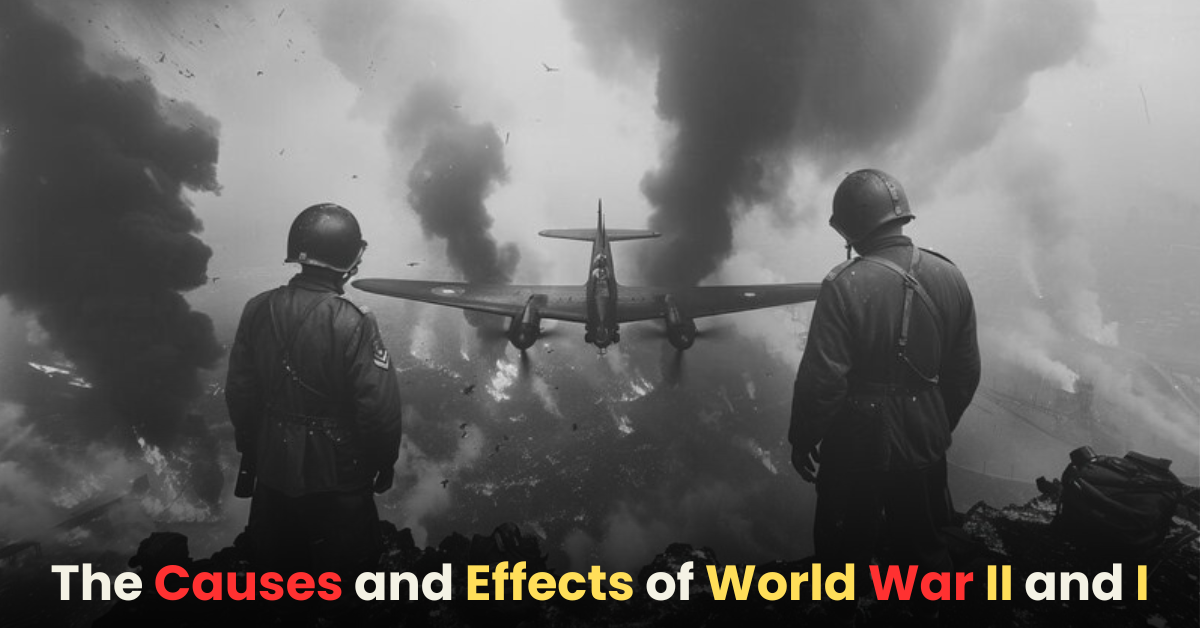

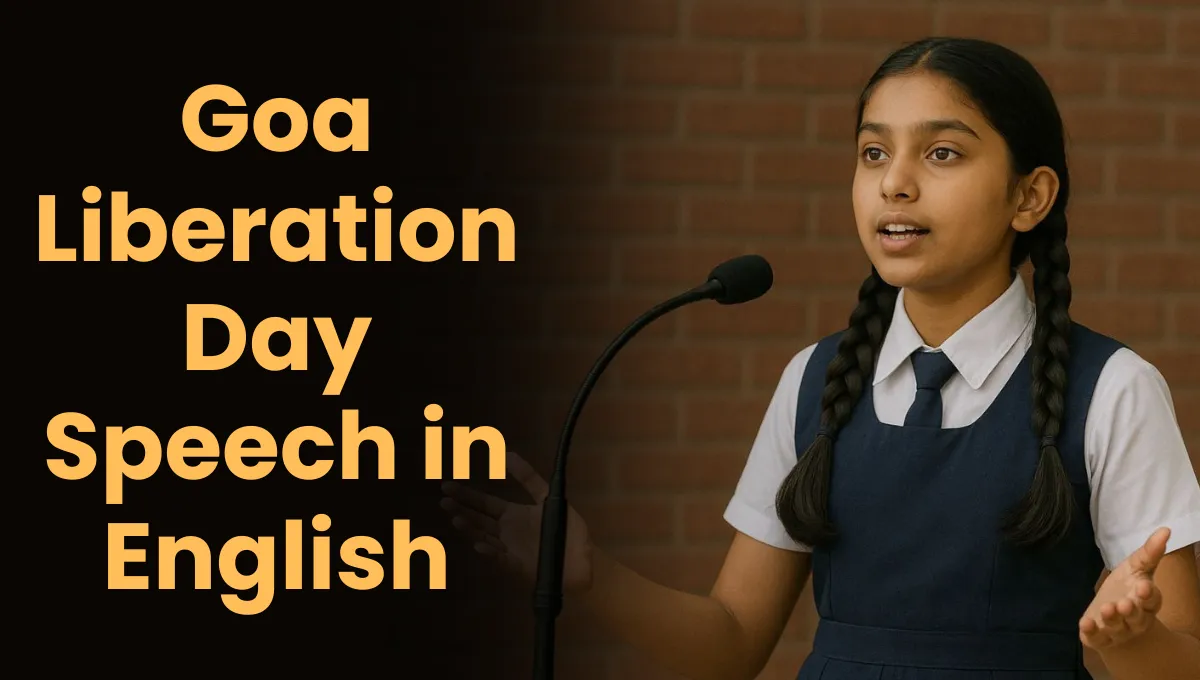


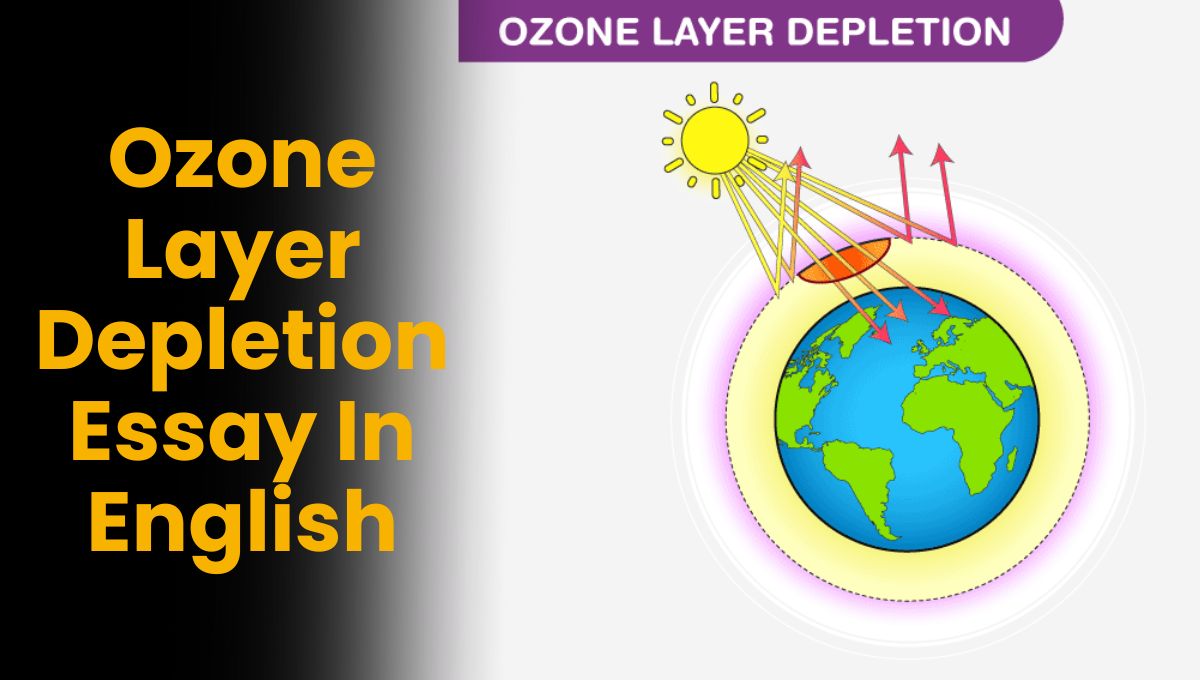
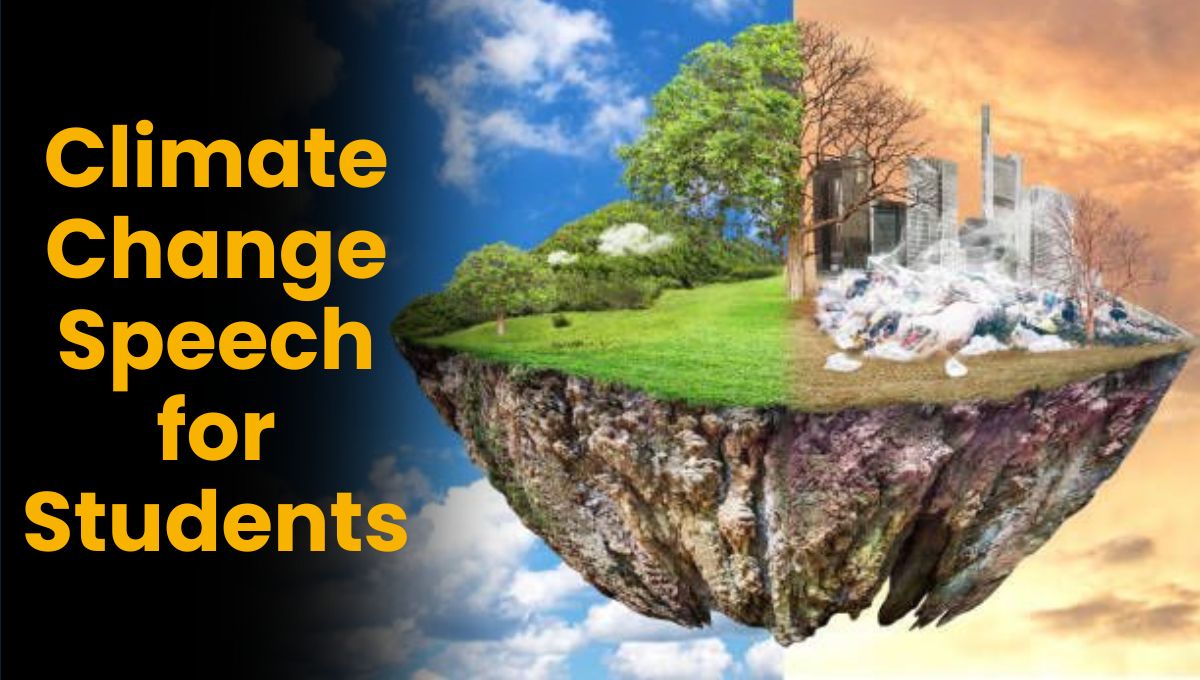


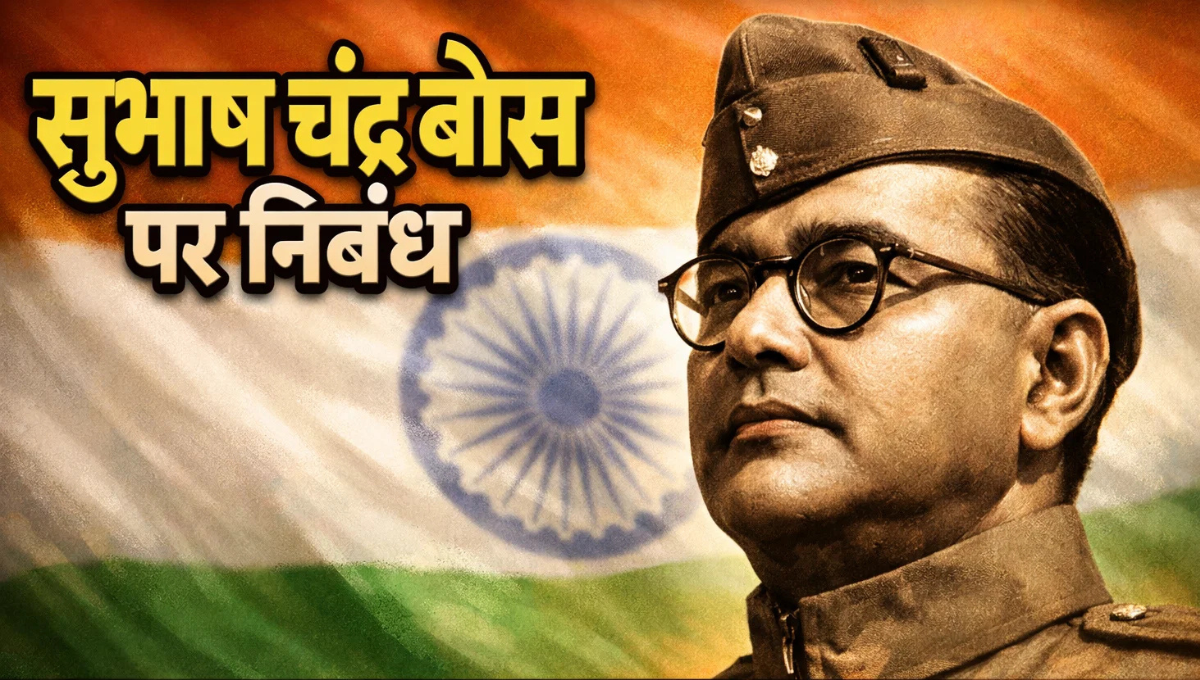



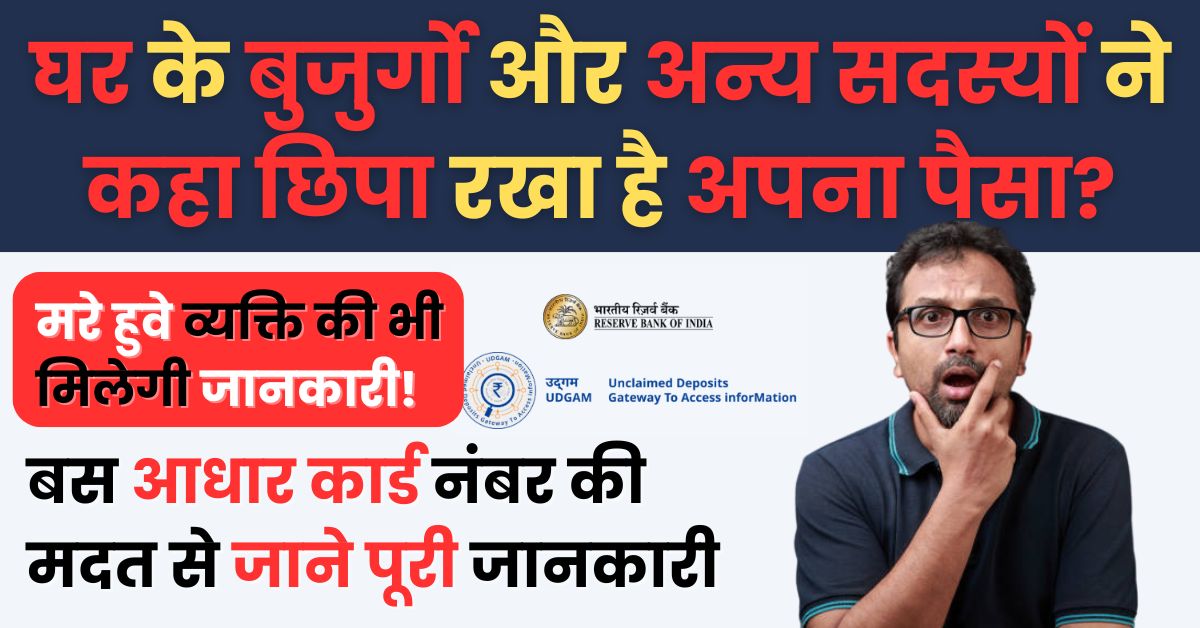


7 thoughts on “The Causes and Effects of World War II and I Speech in English”